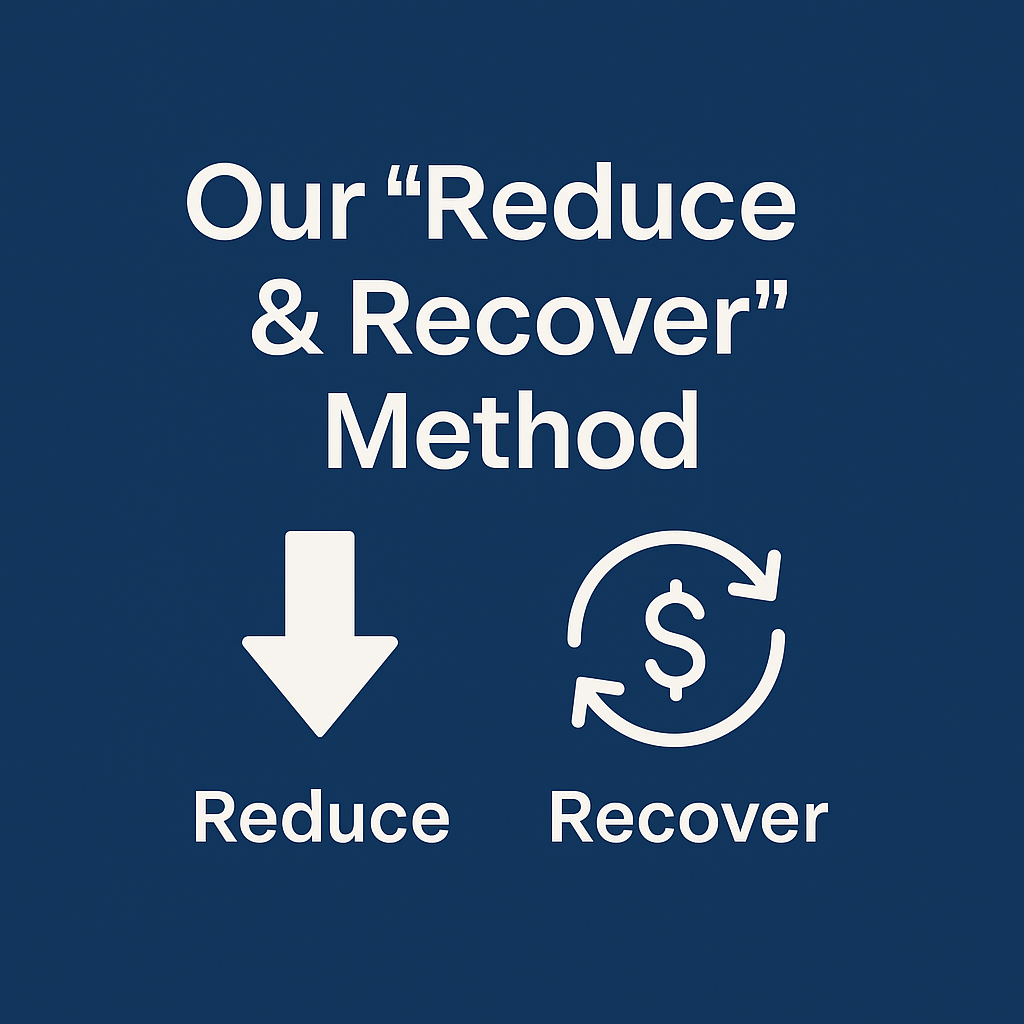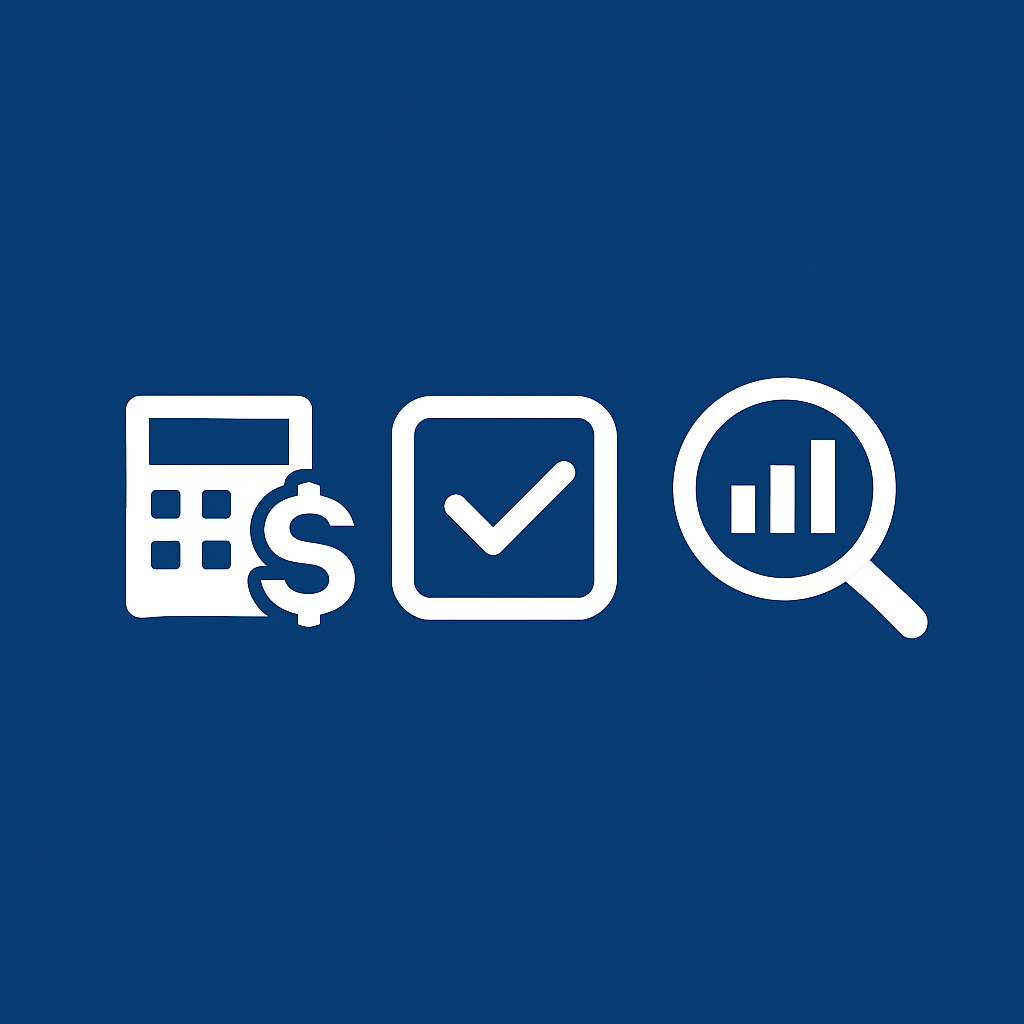Why Roth Conversion Deserves a Closer Look
A Roth conversion isn’t for everyone — but for the right person, at the right time, it can be the most impactful financial decision you make in retirement.
The key is knowing:
-
- Will it deliver a measurable financial benefit?
- Will it reduce risks you don’t want to live with?
- Can you implement strategies to significantly reduce the tax cost of converting?
The 8 Retirement Taxes That Can Drain Your Nest Egg
These aren’t just “taxes” — they’re wealth leaks that can silently erode your lifestyle.
1. Federal Income Tax - The 'Tax Tornado'
-
Traditional IRA: Every withdrawal is taxed as ordinary income, often at your highest rate. As your account grows, Required Minimum Distributions (RMDs) force you to take out more each year — creating a tax spiral that can quickly eat into your nest egg.
-
Roth IRA: Withdrawals are 100% federal income tax–free for life.
2. State Income Tax - Why Your Retirement ZIP Code Matters
-
Traditional IRA: Withdrawals may be subject to state income tax depending on where you live.
-
Roth IRA: Withdrawals are immune from state income tax in every state.
3. Social Security Taxation — The “Double Tax” Trap
-
Traditional IRA: Withdrawals can trigger permanent taxation of up to 85% of your Social Security benefits — meaning you’re taxed on your benefits AND your IRA withdrawals.
-
Roth IRA: Withdrawals never trigger Social Security benefit taxation.
4. Medicare IRMAA Penalties — Paying Up to 4× More
-
Traditional IRA: Withdrawals can push your income above IRMAA thresholds, increasing your Medicare premiums by as much as four times — and these surcharges typically rise 7% per year.
-
Roth IRA: Withdrawals do not affect IRMAA calculations, keeping premiums lower.
5. Fee & Commission Tax — Paying on Money You Don’t Own
-
Traditional IRA: You pay investment fees and commissions on your entire balance — even the portion that will eventually go to the IRS as taxes.
-
Roth IRA: You pay fees and commissions only on money you truly own.
6. Widow’s Penalty (Income Tax) — Higher Rates for the Survivor
-
Traditional IRA: When one spouse passes away, the survivor often pays taxes at the higher “single” rate — even if income stays about the same — reducing lifestyle and increasing lifetime taxes.
-
Roth IRA: Withdrawals do not increase taxable income, avoiding this penalty.
7. Widow’s Penalty (Medicare) — Double the Surcharge Risk
-
Traditional IRA: IRMAA thresholds are cut in half for surviving spouses, making it easier to trigger costly Medicare surcharges.
-
Roth IRA: Withdrawals never impact IRMAA thresholds, even for surviving spouses.
8. Legacy Taxes — Passing on a Tax Burden
-
Traditional IRA: Beneficiaries must pay ordinary income tax on inherited IRA balances within 10 years, often on top of their own high earnings.
-
Roth IRA: Beneficiaries receive the account tax-free and can grow it for up to 10 more years without paying income tax.

How Velomon Reduces Your Roth Conversion Tax
The key is finding strategies that will maximize the D1RV – the Day-One-Roth Value. Starting out with the highest Roth balance after taxes means more of everything down the road – more income, more rainy-day money, and more tax-free legacy value to pass on. We take a ‘reduce’ and ‘recover strategic approach to accomplishing that goal.
Our “Reduce & Recover” Method.
We don’t just calculate your conversion tax — we actively help reduce it:
-
- Reduce: Our proprietary IRA-LLC strategy can cut your conversion tax bill by 35–40%.
- Recover: Our recovery strategy claws back an additional 10–50% of that already reduced tax.


Know the Math. Decide with Confidence.
We calculate and compare:
-
- One-time cost of converting now.
- Lifetime cost of not converting, factoring in all 8 retirement taxes.
One number will be larger — and that will tell you if converting is worth it.
Is This Worth Exploring?
Ask Yourself These Five Questions:
-
- Do I know my one-time tax cost of converting?
- Do I know strategies to minimize that tax?
- Do I know my lifetime tax cost of not converting?
- Have I factored in the impact of all 8 retirement taxes?
- Am I okay with the tax penalties my spouse and children might face after I’m gone?
